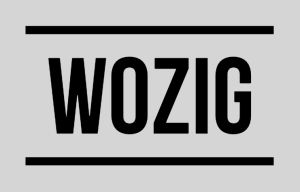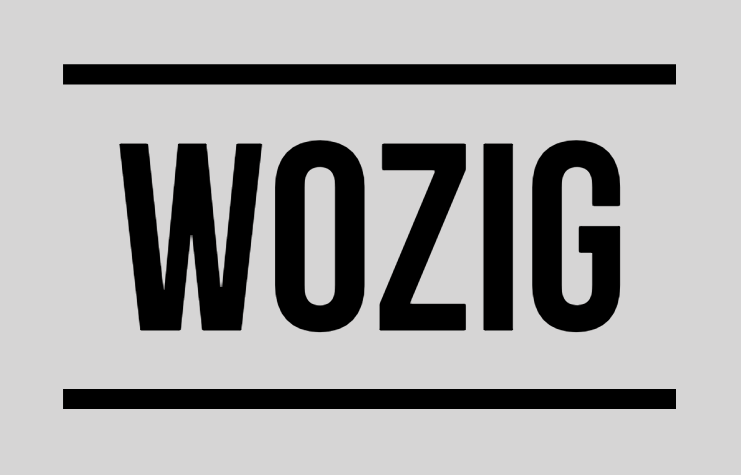Phone:
(980)505-7183
Physical address:
1914 J N PEASE PL
Charlotte, NC, 28262

Homeowners association (HOA) meetings are essential for making decisions, addressing concerns, and keeping the community running smoothly. However, these meetings can sometimes become inefficient, unproductive, or even frustrating for board members and homeowners alike. By focusing on a few key strategies, your HOA can ensure meetings are effective, organized, and beneficial for everyone involved.
Here are some tips on how to make your HOA meetings more productive.
A well-prepared agenda is the foundation of a productive meeting. Without one, discussions can easily veer off track, wasting time and preventing important issues from being addressed.
Tip: Send the agenda to all participants at least a week before the meeting, allowing them time to review the topics and prepare questions or comments. Clearly outline the topics to be covered, allocate time for each item, and ensure there’s a time slot for homeowner concerns.
Respect everyone’s time by sticking to the allotted time for the meeting. Time management ensures that all agenda items are covered and keeps discussions focused and concise. Allowing meetings to drag on can lead to frustration and decreased engagement.
Tip: Assign a timekeeper or chairperson to monitor the time spent on each item. If discussions run longer than expected, consider tabling certain items for future meetings rather than rushing through them.
Board members and homeowners should come prepared to the meeting. Whether it’s reviewing financial reports, reading minutes from previous meetings, or familiarizing themselves with the agenda, preparation allows for informed discussions and quick decision-making.
Tip: Encourage board members to review all necessary documents before the meeting. For homeowners, consider sending out background information on major agenda items so they can participate meaningfully in discussions.
It’s easy for meetings to become chaotic when multiple people speak at once or discussions stray from the agenda. Structured discussions help keep the conversation productive and ensure that everyone has a chance to speak.
Tip: Implement guidelines for speaking, such as requiring attendees to raise their hand before contributing to a discussion or designating a specific time for homeowner input. This keeps the meeting organized and respectful.
Homeowner participation is essential, but it’s also important to manage it effectively so it doesn’t take over the entire meeting. Allocating a specific time for homeowner concerns ensures their voices are heard without derailing the agenda.
Tip: Include a dedicated homeowner forum in your agenda, but limit the time each person has to speak. Consider implementing a system where homeowners submit questions or concerns in advance, giving the board time to prepare answers or add relevant topics to the agenda.
Recording meeting minutes is crucial for transparency and accountability. Minutes provide a summary of the decisions made, topics discussed, and actions taken, ensuring that everyone is on the same page after the meeting.
Tip: Designate a board member or secretary to take minutes during the meeting. After the meeting, distribute the minutes to board members and homeowners, either through email or a community portal, to keep everyone informed.
Technology can streamline many aspects of HOA meetings, from sharing agendas to voting on motions. Virtual meetings have become increasingly popular, and tools like video conferencing software can make it easier for more homeowners to participate.
Tip: Consider using tools like shared online calendars, digital voting systems, or virtual meeting platforms to enhance participation and organization. For in-person meetings, digital projectors or presentation slides can help keep everyone focused on the agenda.
After the meeting, follow up on any action items or decisions made during the session. Ensure that tasks are assigned to specific people with clear deadlines and that progress is reported at the next meeting.
Tip: Create a task list for all action items discussed during the meeting, assigning responsibility and deadlines for each. This helps ensure accountability and prevents tasks from falling through the cracks.
By setting a clear agenda, managing time effectively, and encouraging preparedness, your HOA can hold more productive meetings that benefit both board members and homeowners. Structuring discussions, keeping organized records, and utilizing technology will ensure that your meetings run smoothly and that important issues are addressed efficiently. When everyone knows their role and is engaged in the process, your HOA will operate more effectively and maintain a strong, well-informed community.
